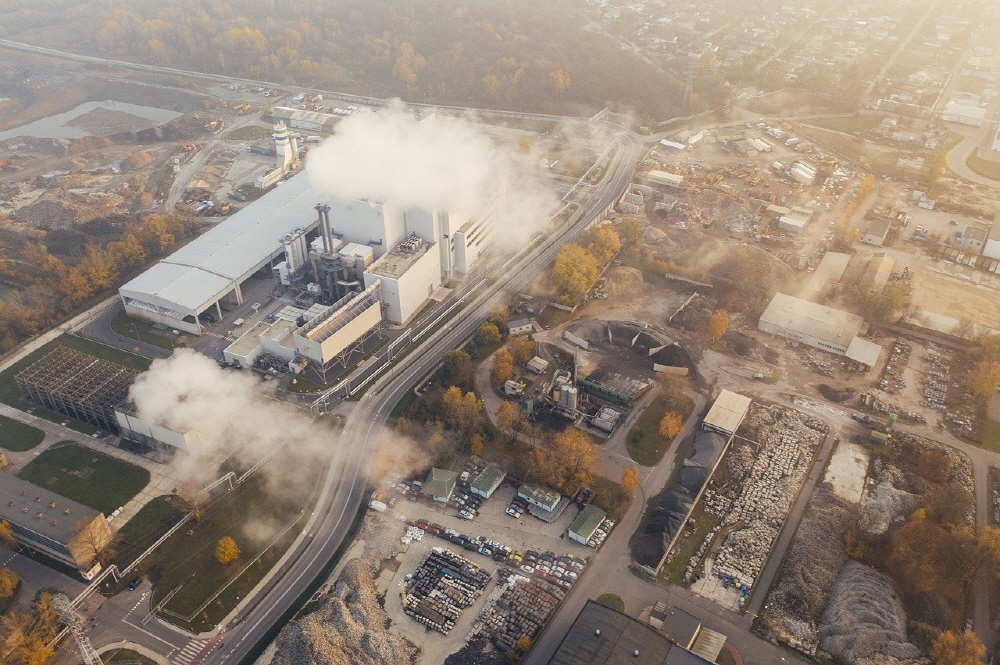
Climate change is an international issue that requires cooperation from countries, such as the claim that international cooperation is necessary to curb climate change at the level of countermeasures against COVID-19 in March of last year. In the midst of this, Professor Malcolm McCulloch of the University of Western Australia announced the opinion that climate change should be combated as in World War III and proposed four climate change countermeasures to be used as weapons.
The first is stewing. Forests can be expected to have a great effect on climate change because forests have the function of easing the summer heat by blocking sunlight with leaves, and suppressing the cold by blocking heat release from the ground in winter and making the climate milder. The research team pointed out that, through a study published in 2019, it is estimated that there are 1.2 trillion trees in the world and 9 million square kilometers of land remaining for afforestation around the world, and there is ample room for large-scale afforestation.
Large-scale afforestation programs also have the advantage of creating jobs in the target area of the farm. Therefore, it is argued that international cooperation for the purpose of promoting farms should be strengthened through the framework of trading carbon emissions. In addition, if the land without trees until then grows into a forest, a large amount of water is required, but in some areas, water can be obtained by desalination of seawater. This can be solved by applying carbon mineralization technology.
The second is to change carbon dioxide through carbon mineralization. Carbon mineralization is a technology that converts carbon dioxide emitted in the same structure as limestone is formed in nature into carbonate minerals and stores it semi-permanently. There are many ways to do this. For example, a technique for reacting magnesium, calcium, and carbon dioxide contained in seawater discharged from a seawater desalination plant or a technique for solidifying carbon dioxide such as mine waste by a bacterial action is being studied.
This technology is not a few in Australia, where there are many cities near the sea and the climate is mild. It is argued that scale-up for large-scale commercialization should be in sight and a demonstration plant should be operated in Australia.
The third is to reflect more sunlight from the Earth’s surface. Because white objects reflect sunlight, some have even argued that roofs around the world should be painted white to prevent global warming. Whitewashing the roofs of the world will have the same effect as all vehicles disappearing from the planet for 11 years, he says.
Professor McClutch further argues that mixing white limestone with the black asphalt of the roadway and leaving stumps in summer or growing brightly colored crops can significantly reduce the heat absorbed by the surface by changing the surface reflectivity. A study published in 2018 estimates that global efforts such as these could cool the Earth and reduce extreme high temperatures up to three times. In addition, if the heating of buildings can be suppressed, such as by whitening the roof of the building, it is possible to reduce the use of air conditioners and reduce greenhouse gas emissions.
The fourth is to reduce the fuel required for transportation. It is estimated that the global shipping industry emitted 812 million tons of carbon dioxide in 2015. However, if this continues, carbon dioxide emissions are expected to double by 2050. In the case of carbon dioxide emitted by the shipping industry, some argue that it can reduce fuel consumption by imposing speed limits on ships that are not powered by renewable energy.
In Norway, which is strongly promoting the use of zero-emission vehicles powered by hydrogen and electricity not only for shipping but also for automobiles, it is said that 60% of new cars sold in March 2019 were electric vehicles. It is argued that other regions should follow this precedent. Professor McClutch says that with global greenhouse gas emissions rising, governments must deploy all available weapons to not only win the war on climate change, but also to prevent the enormous social costs of climate change. Related information can be found here.

